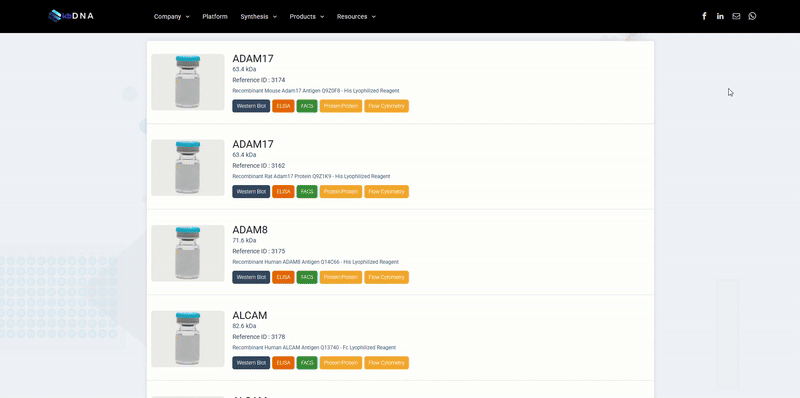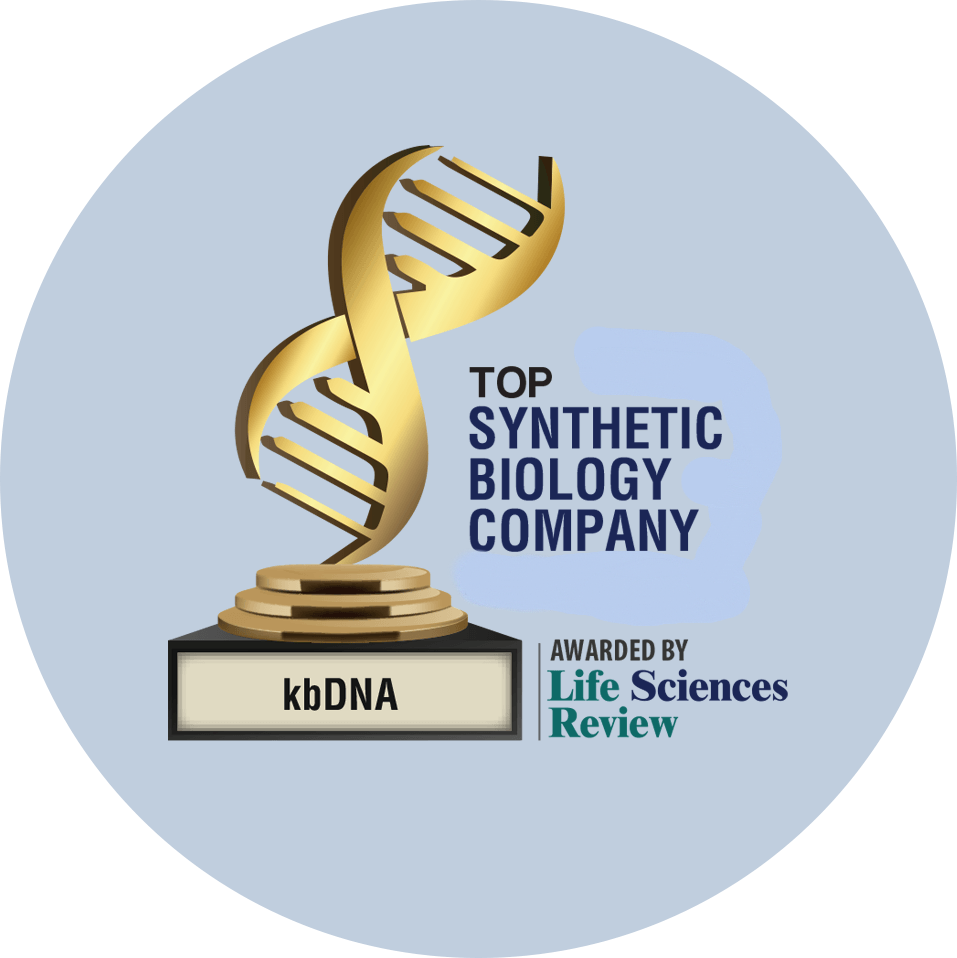Hormones are a biochemical substance that are produced by multicellular glands, and then transported by the circulatory system to the target organ to coordinate its physiology and behavior. Hormones function a serious sort of communication between different organs and tissues. Hormones regulate a variety of physiological and behavioral activities, as well as digestion, metabolism, respiration, tissue function and so on.
Hormones can be divided into two categories: water soluble and fat soluble. In the first category, such as protein hormones and catecholamines, they are water soluble and thus readily transported through the circulatory system. The next category, such as steroid and thyroid hormones, are fat soluble. For distribution, they must bond to carrier plasma glycoproteins to form ligand-protein complexes.
Growth factors play a key role in cell proliferation, healing and differentiation. Their mechanism works interchangeably with cytokines, hormones, and chaperone proteins to provide functional support. Proteins such as epidermal growth factor (EGF), fibroblast growth factor (FGF) and vascular endothelial growth factors (VEGF) have been popular targets in researching cellular differentiation and angiogenesis.













